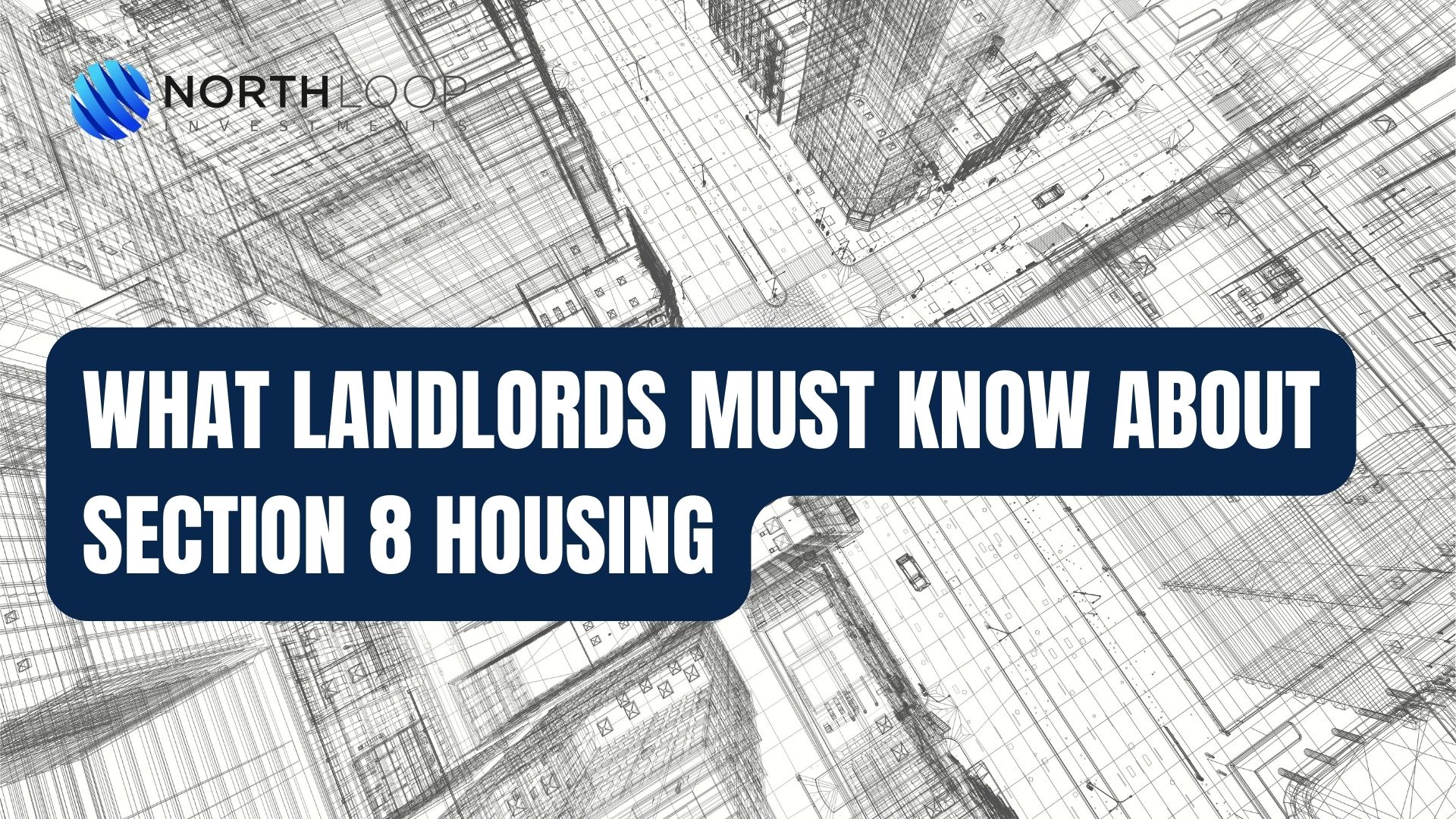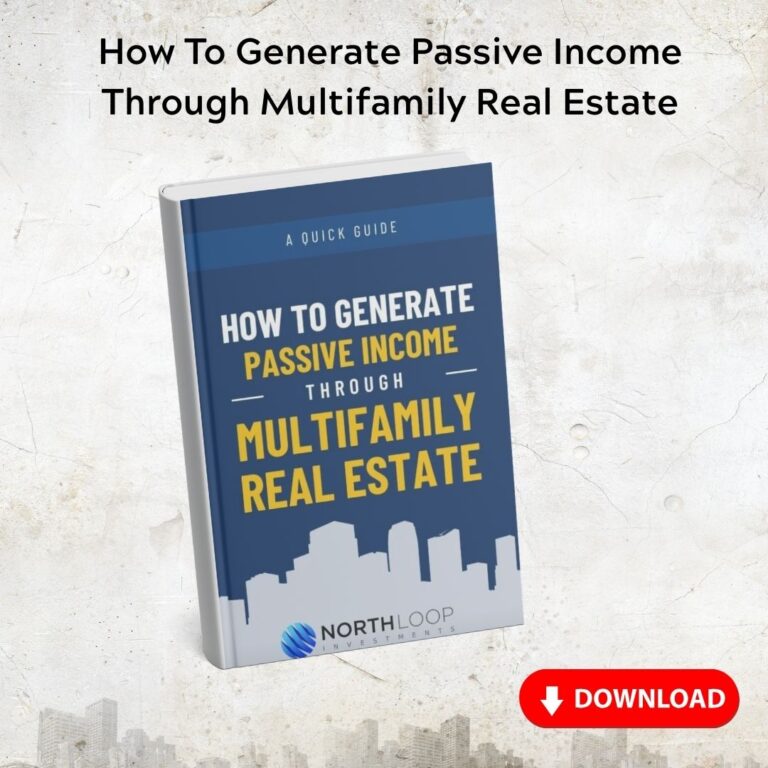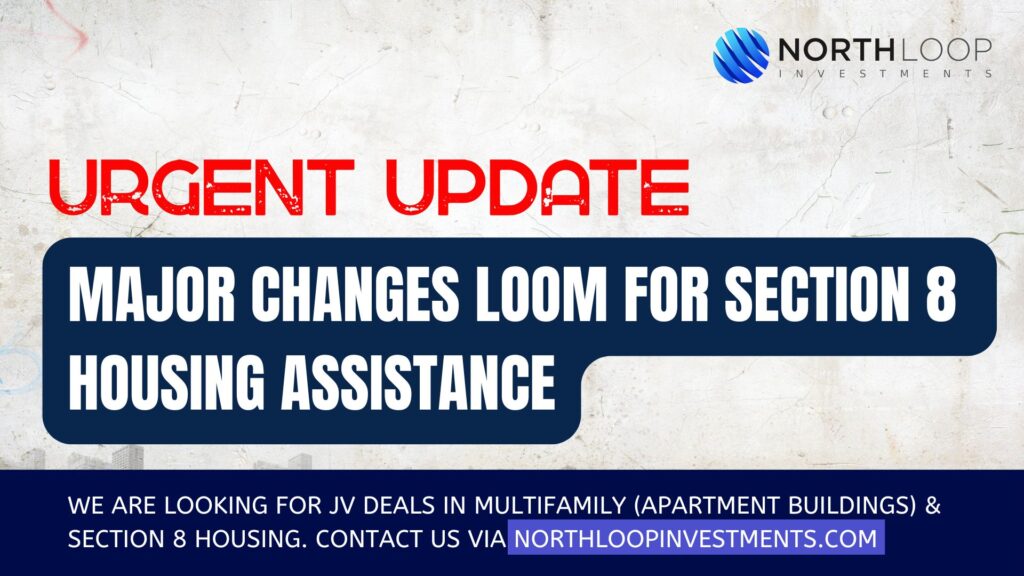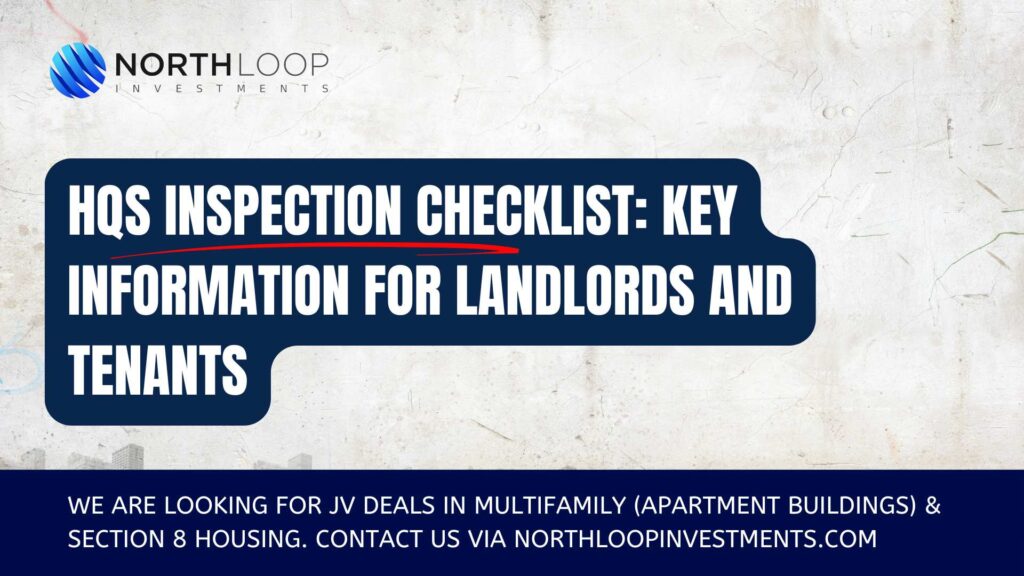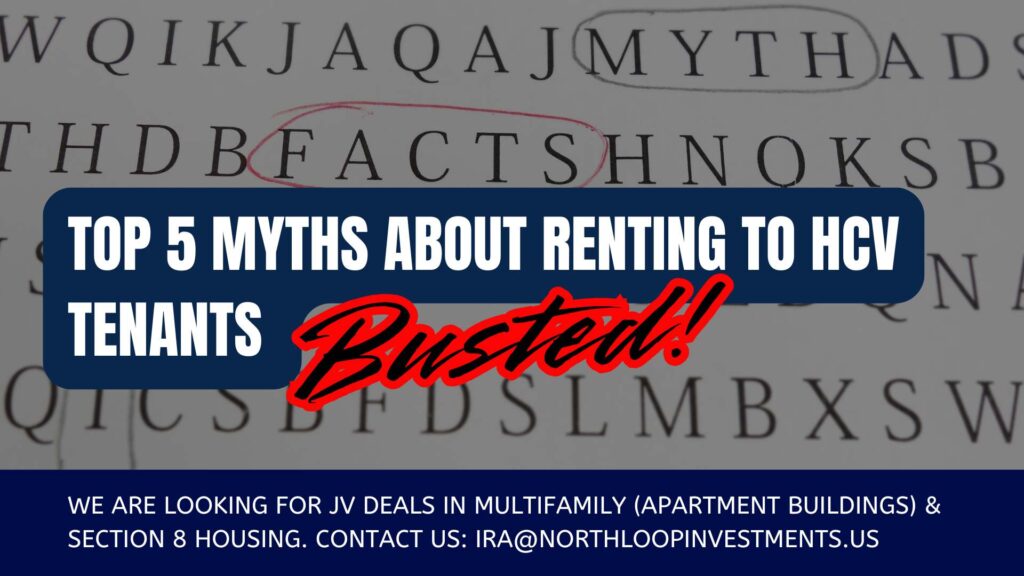Section 8 housing is a federal program that helps low-income families and individuals secure affordable housing by providing rental assistance. Landlords who participate in the program can benefit from guaranteed rent payments and stable tenants. However, there are also some additional considerations for landlords to understand before accepting Section 8 tenants.
Benefits of Section 8 Housing for Landlords
- Guaranteed Rent Payments: A significant portion of the rent is directly subsidized by the local Public Housing Authority (PHA) on behalf of the tenant. This ensures timely rent payments and reduces the risk of vacancy.
- Stable Tenants: Section 8 vouchers are typically issued to responsible tenants who meet income requirements.
Things to Consider Before Accepting Section 8 Tenants
- Property Inspections: PHAs conduct inspections to ensure the property meets certain health and safety standards, which may be more stringent than regular habitability requirements. Landlords may need to make repairs or upgrades before renting to a Section 8 tenant.
- Rent Limits: The PHA determines a fair market rent for the property, which may be lower than what a landlord could get on the open market.
- Eviction Process: There may be additional procedures required to evict a Section 8 tenant. Landlords must also notify the PHA of any eviction proceedings.
Important Tips for Landlords
- Understand the Program: Familiarize yourself with the Section 8 program guidelines in your area.
- Maintain Open Communication: Communicate clearly with the PHA and your tenants regarding inspections, repairs, and lease agreements.
- Follow Proper Procedures: Ensure you provide proper notices to both the tenant and the PHA when necessary, such as lease termination notices or eviction proceedings.
By understanding the program’s benefits and considerations, landlords can make informed decisions about participating in Section 8 housing.

